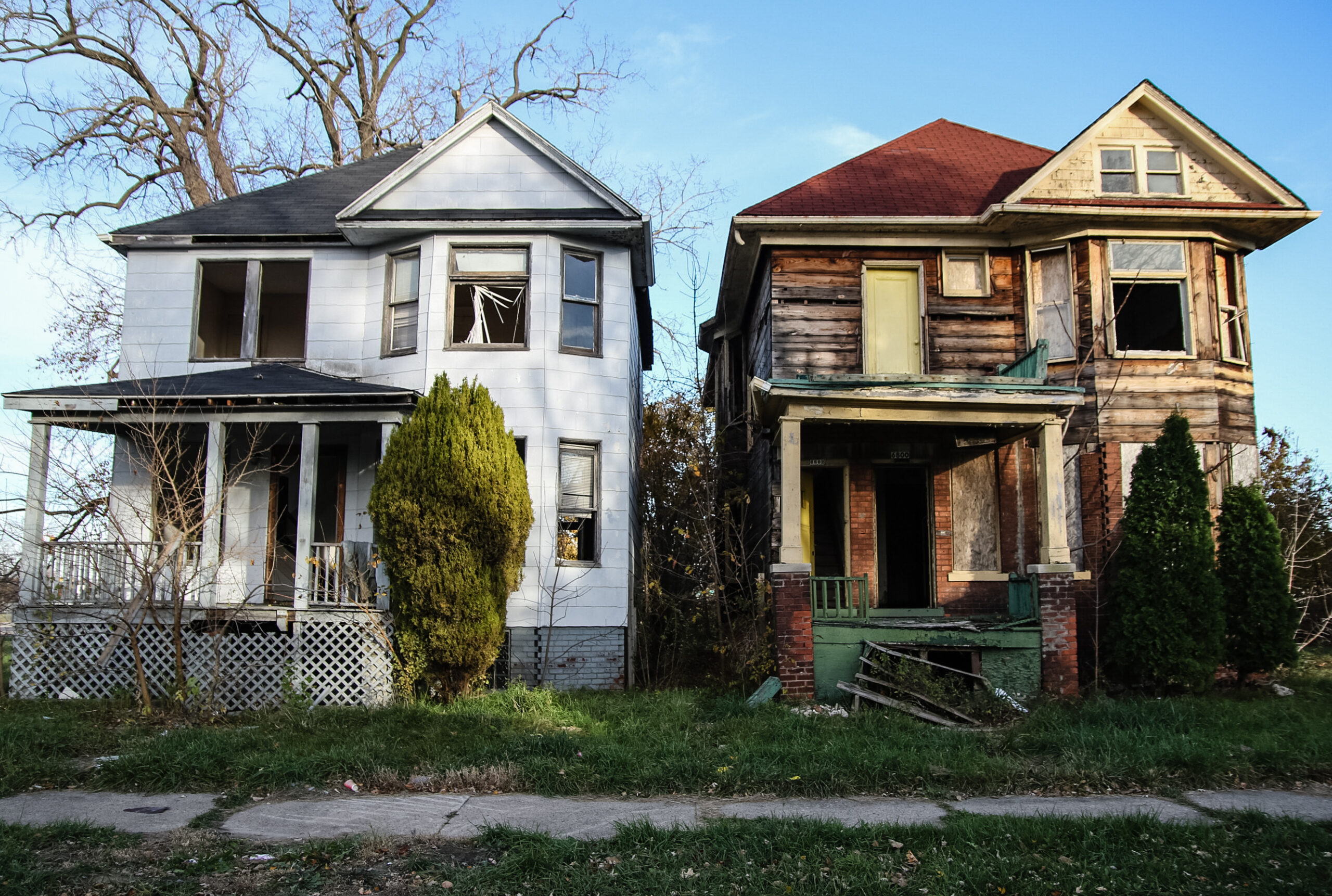Detroit has become a hot spot for real estate investors seeking strong returns in a city with revitalization momentum. One of the biggest decisions investors must make is choosing between short term rentals vs. long term rentals. Each option offers unique benefits and challenges, and the right choice often depends on your investment goals, risk tolerance, and lifestyle. Let’s explore both strategies and what you should consider before making your move in the Detroit market.
What Are Short Term Rentals and Long Term Rentals?
Short term rentals, commonly listed on platforms like Airbnb or Vrbo, are typically furnished properties rented out for a few days to a few weeks at a time. These are ideal for tourists, business travelers, and people relocating temporarily. In contrast, long term rentals are leased to tenants for extended periods, typically six months to a year or more. These properties provide consistent monthly income and often involve less day to day management than short term rentals.
Short Term Rentals vs. Long Term Rentals: Pros and Cons
When comparing short term rentals vs. long term rentals, it’s important to understand how they differ in terms of income potential, time commitment, and risk.
Short term rentals in Detroit can generate higher income per night, especially in high demand areas like Downtown, Midtown, or near major hospitals and universities. However, the income can fluctuate with seasonality, tourism trends, and competition. You’ll also need to invest more time, or hire help, for guest communication, cleaning, and property management.
Long term rentals offer stability. You receive a predictable monthly rent, and once a tenant is placed, the ongoing responsibilities are minimal. This strategy is ideal for hands off investors and can be a great way to build long term wealth through appreciation and steady cash flow. However, rental rates are fixed for the lease duration, and tenants may be harder to replace if they move out.
What Should You Consider Before Investing in Detroit?
When deciding between short term rentals vs. long term rentals in Detroit, there are several factors to evaluate:
- Location: For short term rentals, proximity to attractions like Little Caesars Arena, Ford Field, Greektown, or the Detroit Riverwalk is key. Tourists and traveling professionals gravitate toward walkable, well connected neighborhoods. Long term rentals may do better in residential areas with good schools and amenities like Rosedale Park or East English Village.
- Demand and Occupancy: Analyze short term rental trends to estimate occupancy rates and nightly prices. For long term rentals, check rental comps to understand average lease rates and tenant demand. A trusted Detroit real estate investment team can always help you find this information and provide expert advice.
- Regulations: Detroit has specific ordinances around short term rentals, including registration requirements and zoning laws. Make sure you comply with local regulations, or you risk fines and shutdowns. Long term rentals face fewer regulatory hurdles but still require proper licensing and landlord compliance.
- Maintenance and Management: If you’re investing from outside the Detroit area, consider hiring a local property manager. Short term rentals especially require fast turnaround between guests and quick responses to issues.
Making the Right Choice: Short Term Rentals vs. Long Term Rentals in Detroit
When weighing short term rentals vs. long term rentals, there’s no one-size-fits-all answer. Each strategy can be highly profitable in Detroit when approached with the right research and support. Whether you’re looking for high reward, high maintenance short term rentals or steady, low maintenance long term income, aligning your choice with your financial goals is key.
Need help deciding? Contact the FIRE Realty Team for expert guidance on Detroit property investment. Our local expertise, real estate network, and personalized approach will help you make the most of your investment, no matter which strategy you choose.




